One autumn evening three years ago, I attended a packed networking event (a Be Social Change panel discussion called “The Future of Corporate Social Responsibility — Can Business Be Used as a Force for Good?”) after a grueling day at my uninspired desk job. Before I could put my socializing cap on, I beelined over to the snack table. While piling cheese, crackers, and grapes onto a paper plate and filling a cup with room temp white wine, I struck up a conversation with the tall, stylish woman next to me (who was similarly laser-focused on maximizing the capacity of her plate). Right away I knew that this connection was bound to evolve into a friendship.
I can say now that Laura Wise is someone who I can go to anytime for a fresh perspective on a career choice or just to catch up, whether through Instagram DMs, Google Hangouts, or over a carafe of wine at an uptown bar. And as Laura’s career has developed, I’ve come to realize that she is the ultimate badass woman who is blazing her own kind of trail.
Laura has dedicated her career to generating social impact in a number of ways. She’s worked in Corporate Social Responsibility (CSR) for MUFG, formerly the Bank of Tokyo, and has held positions at several nonprofits, including her current role as a Regional Event Specialist at St. Jude Children’s Research Hospital. She contributes columns for niche, mission-oriented publications like Triple Pundit, Her Agenda, and Philanthropy News Digest. And to top it off, she’s one of the most well-dressed people I know.
A spectrum of impact
A debate that continues to come up throughout my conversations with Laura revolves around questions such as these: where can we generate the most positive change — the private, public, or social sector? Are our efforts best focused on direct service nonprofit work or in corporations that seek to establish a double bottom line? We first met at an event that was literally about the intersection of business and social good, so trust me, this is real.
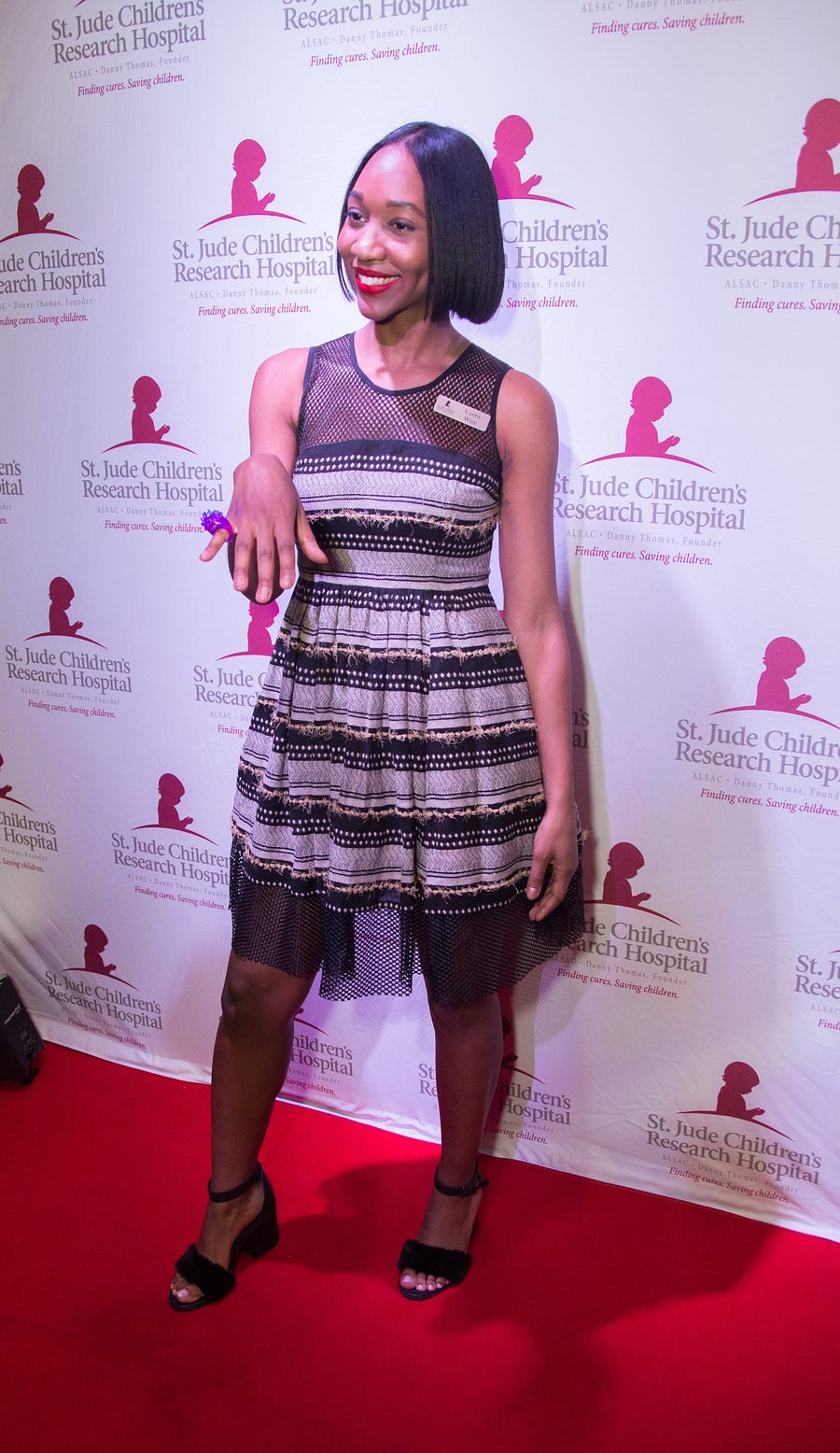
When the topic inevitably arose most recently, Laura shared her ever-evolving thoughts with me.
“Doing good work does not have to look like working at nonprofits or even in CSR,” she says. “I’ve shifted my thinking to ‘how can I make money in a responsible way?’ Because doing well for yourself doesn’t have to be irresponsible. It can be about changing narratives and shifting culture in a sustainable and uplifting way.”
Her current position as an Event Specialist at St. Jude at first seems to counter this thinking, being that it’s a massive traditional nonprofit. But Laura asserts that she’s learning the lay of the land. By understanding existing structures and improving on skills, she hopes to wield enough expertise and credibility to affect change in new, innovative ways.
“Professionally, I️ like to be in environments where there’s something that I can learn. St. Jude is a huge organization that is literally finding cures for cancer. You can’t accomplish anything of this scale without running with a certain level of efficiency; it’s been a defining role for me,” she explains of her intentions. “It’s the ultimate cause. Every time I go to the hospital I’m crying. Not out of sadness, but happy tears because of everything the hospital staff does to make the experience positive for our patient families.”
Laura is responsible for planning four major galas, dinners, and golf events throughout the year, all targeting donors in the tri-state area. Her first fundraising gala took place in Manhattan a few days before we talked, and she was beaming over it. “We met our fundraising goal and I learned so much in the details of the logistics and operations. Not everything was perfect, but I did damn good and I’m proud of that.”
Laura has found throughout her experiences across different impact-focused organizations that there are challenges and opportunities to any type of environment, whether it’s a private company, a local nonprofit, a large international one, or something in between. With that in mind, she’s less focused on the organization’s model and more on the outcomes of her work, and she acknowledges that she has to play the long game.
“When you have lemons you have to make lemonade. It’s important to embrace the current structure of wherever you are and do as well as possible there to help the people that you want to help,” she elaborates. “My goal professionally is to get to a position of influence: if I’m in a position to make funding decisions, I’ll be able to do good work.”
Rooted in service
Hailing from Dallas, Texas, Laura spent her childhood in a tight-knit Christian community. She was an all-star student who did every activity on the roster, from cheerleading to ballet to piano to volleyball. She went to private school, but notes that she was lucky enough to attend schools that had diverse student populations. “Self-segregation can often cause a lack of diversity. It can be like, these people live on this side of the tracks, and those people live on the other side,” she says. “But I had friends from everywhere early on, and that was important in building who I am today.”
Laura always had an innate passion for service, pinpointing her childhood church community as the source. “My grandfather was a pastor, and church was a big part of my life growing up. While church looks different for me these days, it instilled these core values in my mind. The church I went to growing up was very progressive. It was all about service, so I learned those values very early.”
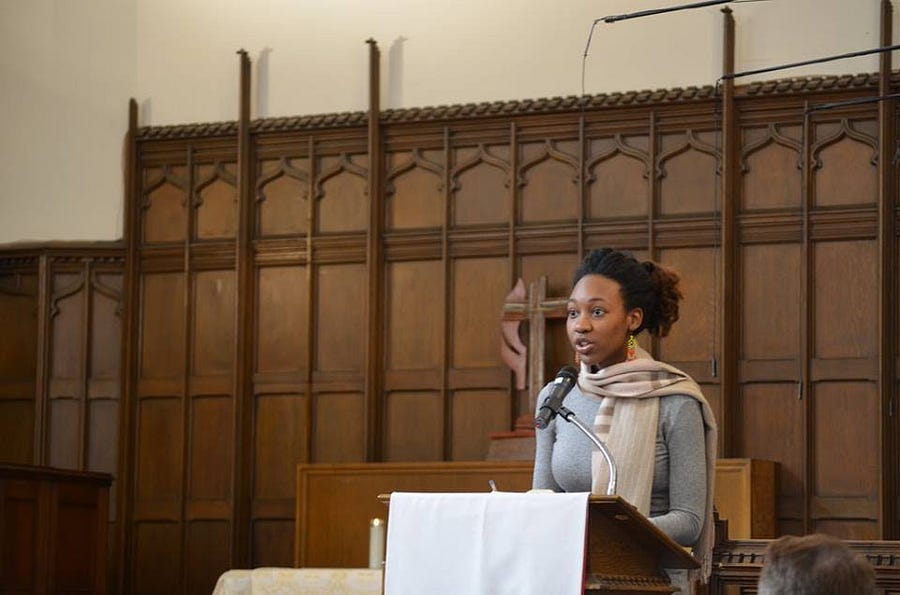
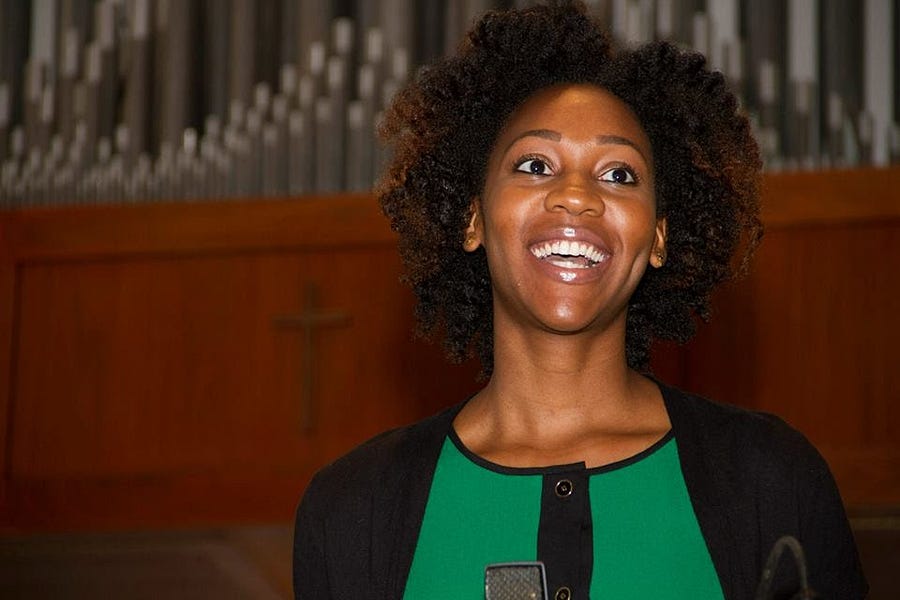
Laura went on to attend Hampton University, an HBCU (Historically Black College or University) in Virginia. There, she focused on building lifetime friendships and immersing herself in extracurriculars like the school’s newspaper and student government. “Going to a black school was awesome for me. Growing up, my community was very mixed, so to go to a school that was all black was really cool. They taught us how to navigate the world as a black person with such honesty.”
After completing her Bachelor’s in Marketing in 2009, Laura was ready for her next adventure. She had dreamed of working in fashion and naturally decided to move to either New York or LA. Ultimately, FIDM won out over Parsons: “In retrospect I probably should have chosen New York, but it was also about being free and starting fresh. I knew too many people in New York, so I thought that if I went to LA I could really chart my own path. I didn’t know a soul there.”
While at FIDM, she continued eagerly getting involved in everything she could, including working with a UCLA-affiliated nonprofit startup called Freedom & Fashion, which uses fashion and mentorship to combat issues like human trafficking and youth homelessness.
Laura’s first fashion job was as a graphic designer at a small apparel manufacturing company, which gave her the unique opportunity to work on clothing designs for big mainstream brands as a recent graduate. But in 2011, the country’s economic difficulties hit the company hard and she was laid off. “I had just put myself into more debt by continuing school, and I remember thinking at the time, who lays off a 23-year-old? This is awful!”
Instead of giving up and packing her bags, though, Laura used this time to explore creative and community-building opportunities. She started a fashion blog (“before they were huge!”) and dabbled in event planning and wardrobe consulting. “I hustled,” she says. “I was pulling people together in different ways, helping other women out. I knew that if I failed I could go back to Dallas, so that gave me the confidence to try everything.”
What comfort zone?
Laura faced a turning point when she realized she’d have to decide if she wanted to continue the hustle and build a career in fashion, or if she wanted to dive into another passion that had been bubbling underneath the surface: service. She took a chance and applied to an international development fellowship through Global Ministries, an agency of the United Methodist Church.
“I remember sitting at a play at UCLA and reading the application, and it asked, are you between the ages of 20 and 30? Are you passionate about social justice? Do you want to work in grassroots communities? And I was like, oh my god, yes to all of those things! So I applied, got in, and a few months later I was in the Philippines, where I worked for two years.”
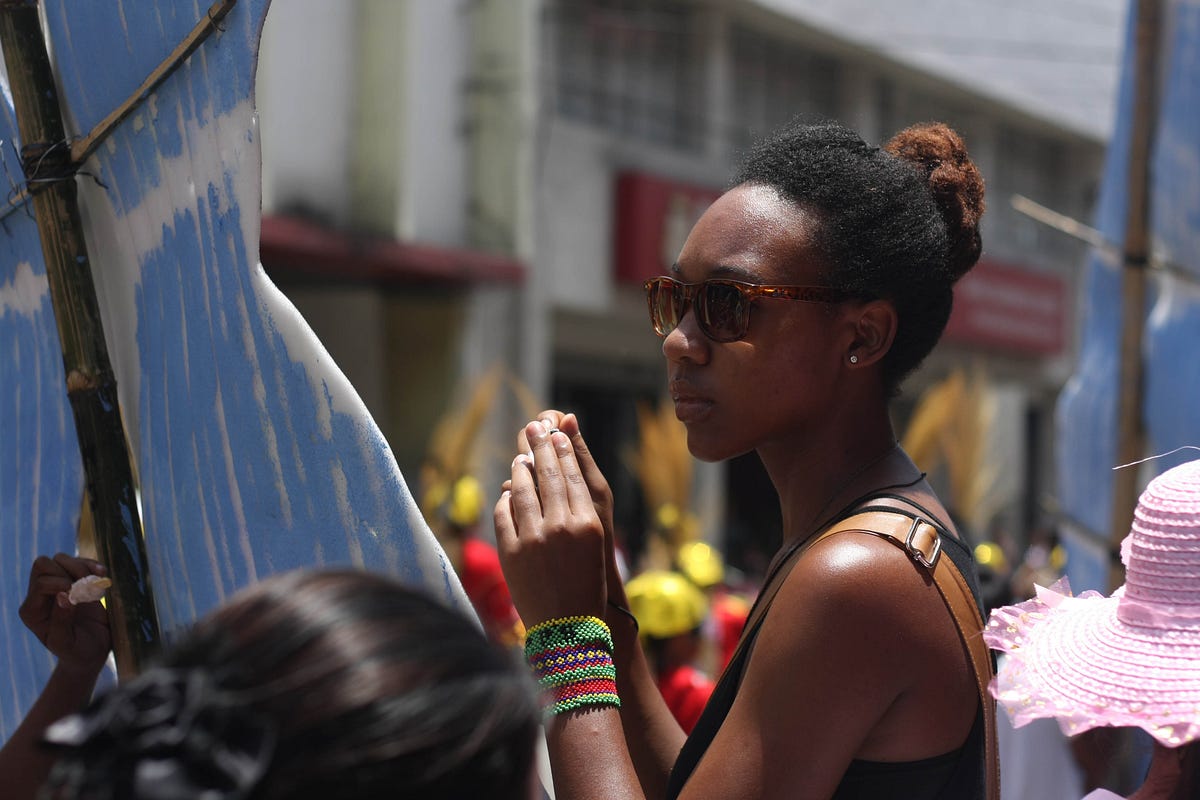
In the Philippines, Laura worked with an organization called Initiatives for Peace in Mindanao, which focused on grassroots advocacy and education on the conflict-affected island of Mindanao. She visited different mobilizations, inhabited by working class Filipino activists who were pushing back against the government. They worked across the different cultural and religious groups (the Philippines has large populations of Catholics, Christians, Muslims, and indigenous people), mediating issues between them in an area where armed rebels were also in the mix.
This experience completely altered Laura’s trajectory. “It’s not something I can totally unpack yet. It comes in stages as I get older and as I understand different things,” she reflects. “It was eye opening. It was hard. But it was also inspiring to meet so many young people that were willing to give up their lives so that others behind them could have a better future. I had one friend there who quit college to become a full time activist. You didn’t get paid much if you were in this movement, and it was controversial, but, it was also a deep rooted community, and she really believed that things could be better so she was all in. It was a very layered experience.”
When she explained this to me, I commented that her family in Dallas must have been absolutely terrified while she was out there. She laughed, rebutting: “No, my parents are the most supportive people. They don’t stop me from doing things that I want to do. They’d never been to the Philippines and probably never thought they would, but they even came to visit.”
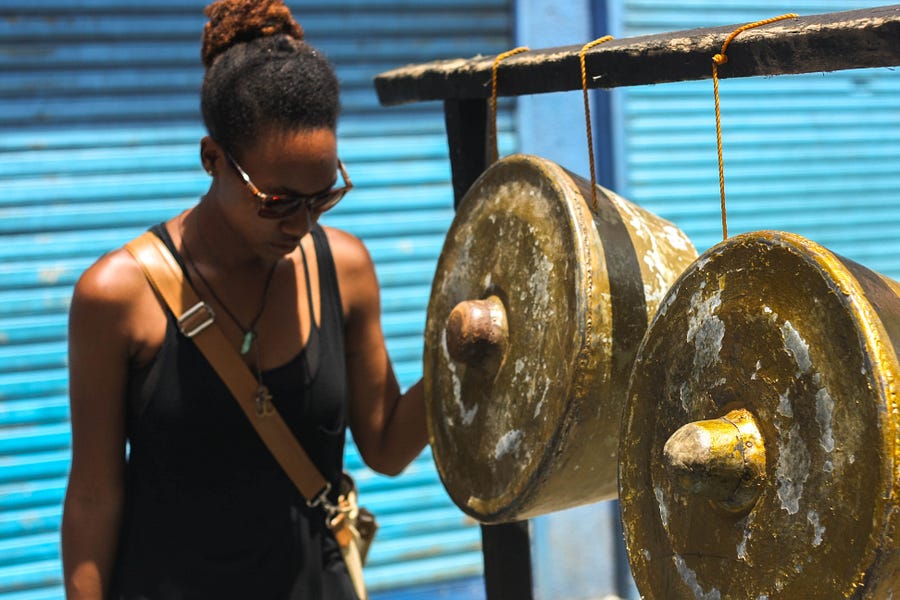
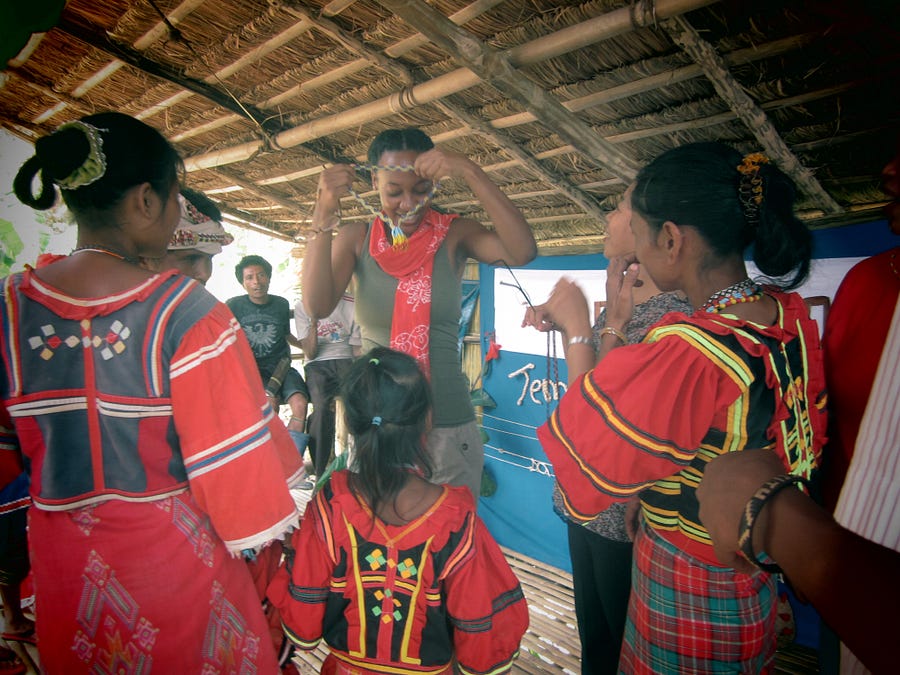
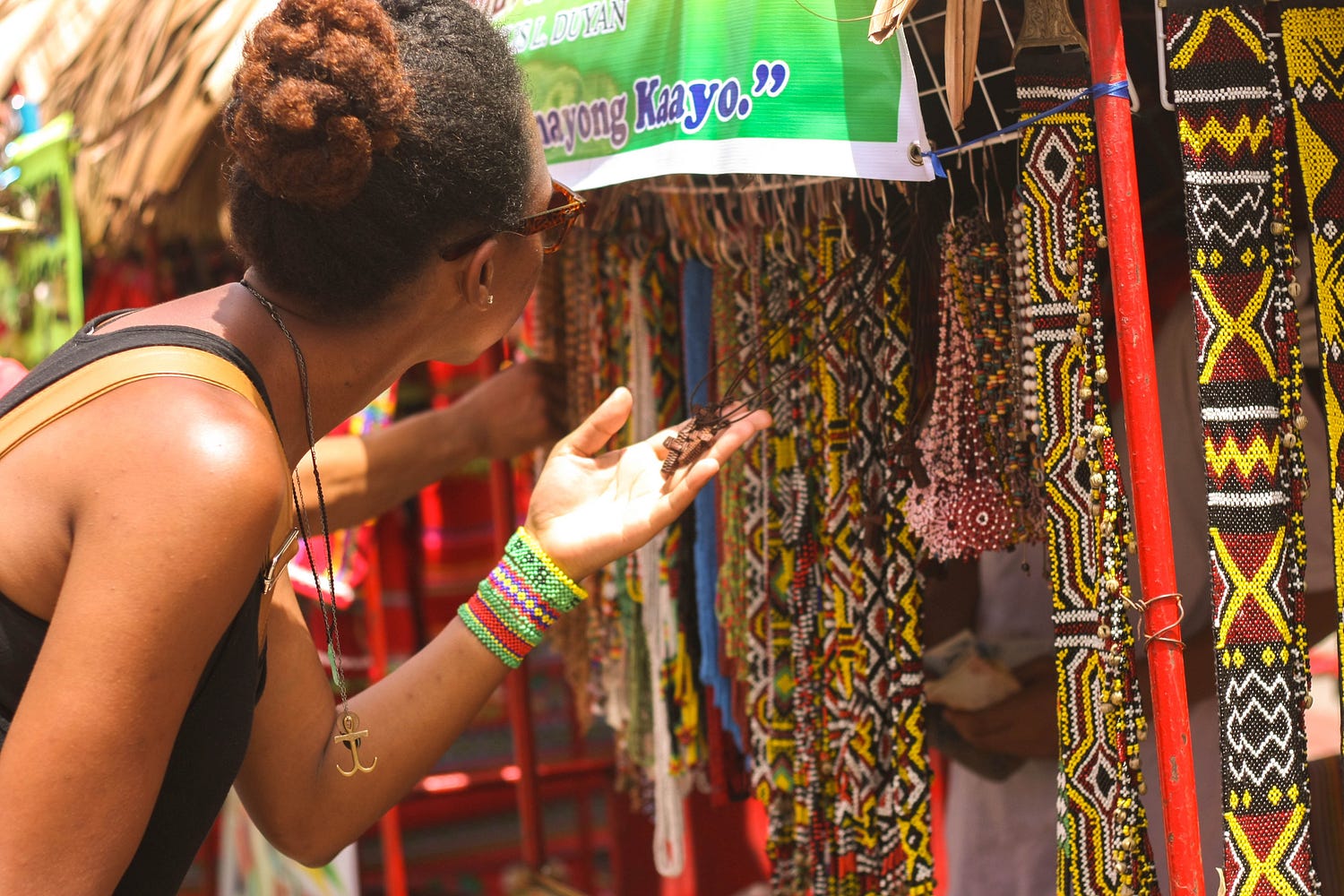
After two years of arduous and emotional fieldwork, Laura transitioned to New York where she finished the remainder of her fellowship, producing journalistic content for UMCOR’s international development communications team. The gig enabled her to establish NYC as her home base (“I was that kid watching movies of New York with my mouth open, saying I wanted to live there someday”). She also had opportunities to travel back to the Philippines and even to Haiti to cover the organization’s relief efforts.
Laura’s decision to take the Global Ministries fellowship set the course for the rest of her professional pursuits. She knew that social impact would underscore everything that followed, but she also knew that it would be difficult to achieve financial stability. “I started exploring ways to get paid more while doing good work, and I stumbled upon the concept of CSR. A friend of mine worked for MUFG at the time and told me about an open temp position, managing their social responsibility program while the director was on maternity leave.”
She took the job, which came at an opportune time during the financial institution’s grant cycle and Global Volunteer Month. “I was super young, learning how a huge company was running all of these programs.” After six months, though, the MUFG merged with Union Bank, rearranging its organizational structure, and again Laura was back on the hunt.
Despite feeling strongly about the private sector’s role in providing social value, she felt a pull to explore and avoid pigeonholing herself. So after her gig at the MUFG ended, Laura landed a project management role at NYC-based nonprofit service organization New York Cares, where she helped plan massive volunteer events with large corporate clients. “I learned how to manage a team and was able to still be CSR adjacent despite working at a nonprofit. It was one of the hardest things I’ve ever done, but learning that side of things equipped me with what I needed to succeed where I am now.”
We are women, hear us roar
Shortly into our conversation, I asked for Laura’s thoughts on the experience of being a WOC in the social impact world, where those with the most power tend to generally be, you know, old, white, and male.
“Well, most traditional spaces are dominated by white people, right?” was her immediate response. We both cracked up, and I concurred. She continued: “I’m constantly thinking about how I show up. At Hampton, they were very honest with us about what it means to be a black person navigating Corporate America. Speakers that came in didn’t have to censor themselves, they didn’t have to be politically correct. They simply said, it is going to be harder for you because you’re black. You have to work twice as hard to gain the same level of respect. That’s constantly been at the forefront for me, being one of few in any given corporate situation. And realizing that so many people look at me like I’m representing for everyone else, when I’m not.”
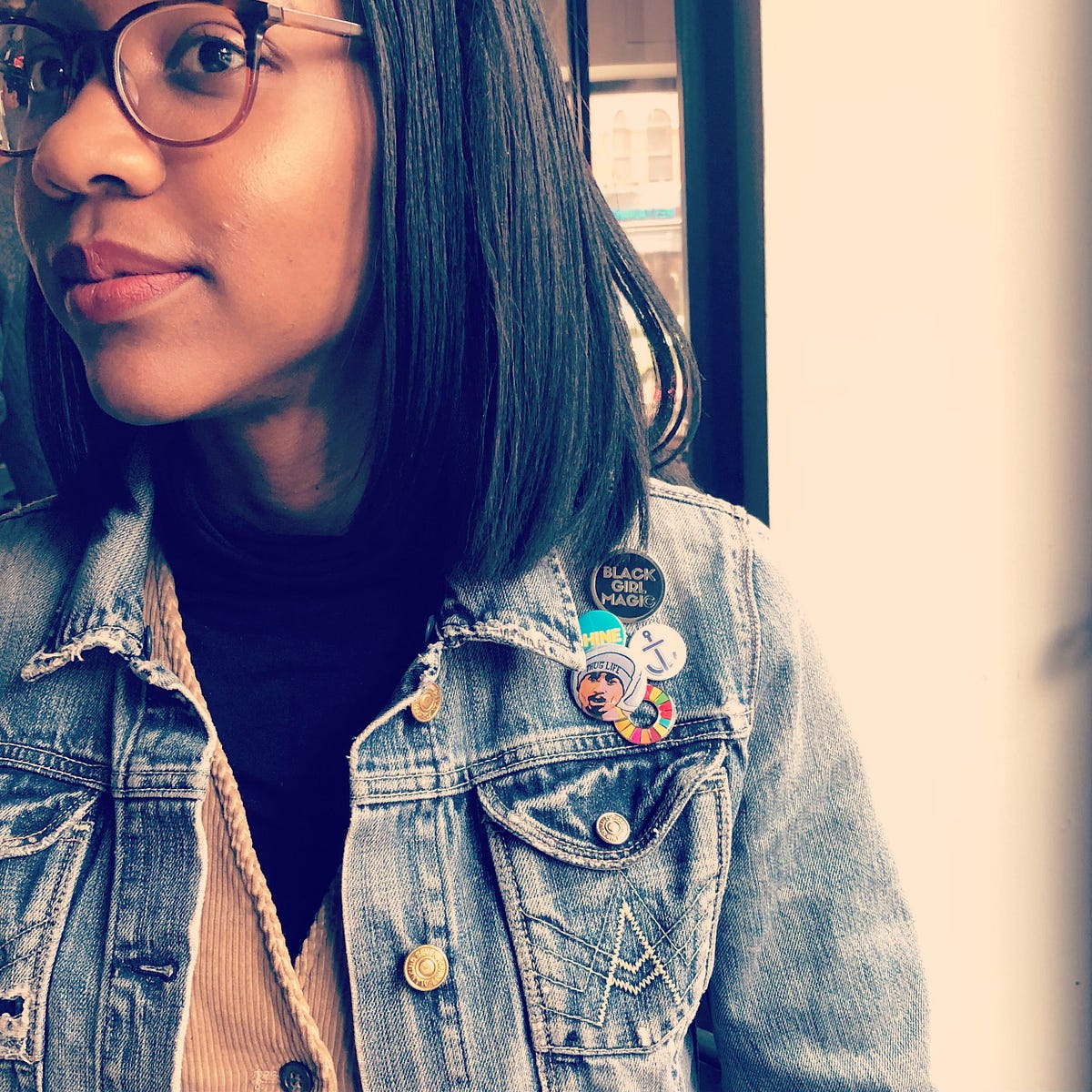
Laura has a strong community of fellow women to lean on, though, and her biggest piece of advice for others is to do the same. “The time is ripe for women to do whatever the hell they want to do. We’re seeing so much energy around women in business and entrepreneurship. We’re seeing women speak up in ways that they haven’t, with the #metoo movement and the Black Girl Magic movement. What’s inspiring for me is to see other women doing these things, because seeing that tells me hey, this is possible for me too, because she was able to do it.”
She elaborates more on the need for a solid, supportive network: “Look for that inspiration. Beef up your network with women who are doing things that you want to do. That’s been a challenge and an opportunity for me as I’ve gotten older. I turned 30 last year, and your network starts to change once you get to a certain place in life. It’s sad sometimes, but it’s also necessary to keep growing. Surround yourself with like-minded people who push you, want to have smart conversations with you, and that want to help you grow.”
Laura’s core group of women are based all over the country, from LA to New Orleans to DC, Nashville, and Dallas. She’s collaborated with her friends on professional projects and always keeps a finger on the pulse of what projects her friends are working on next. “I’m a proponent at this point in my life of good vibes only — keeping good people around who can also rope me into new and exciting things.”
Her last golden nugget of wisdom is about visualizing your success; the idea that you can become whatever you focus your thoughts on. She references a talk that a friend shared with her by the late motivational speaker Earl Nightingale, in which he asserts that planting the right “seeds” in our minds will yield the results we desire.
“He says that if you have a field, you can plant corn in it or you can plant something poisonous. Whatever it is, it’s going to catch on. So you have to plant those seeds that are going to manifest into what you want. It’s a timeless concept.”
Laura makes it a point to listen to Earl Nightingale’s words on the first of every month as a reminder to herself to keep planting positivity.
To West Harlem and beyond
Laura has built her slice of home in West Harlem, where she’s lived in the same brownstone apartment for the past four years. “I’m never moving unless I absolutely have to. My building has such a New York family vibe. One of my neighbors is like my god mom — we always hang out and have wine together on the balcony.”
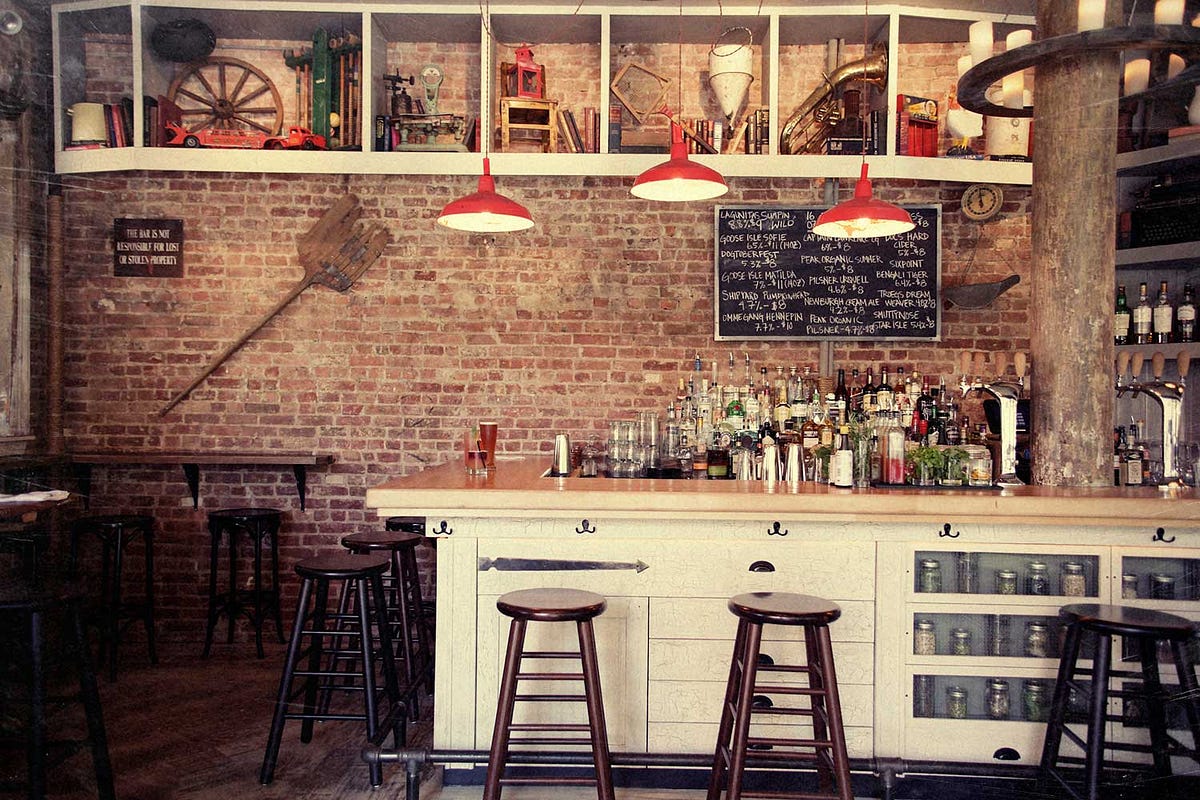
Despite commuting to Midtown East for work, Laura spends as much time as she can in her West Harlem neighborhood. “I shop at Fairway on 125th and my neighborhood bar is The Grange. Actually, it’s my favorite in all of Manhattan. Anchor Wine Bar is super cute too. I’m also a whiskey-bourbon drinker — a great place called Uptown Bourbon just opened on 150th and Broadway.”
We discussed the itinerary of an ideal NYC day, and she gave me an answer I think most of us would agree with wholeheartedly: “Everyone lives in New York for the summer. You don’t live here for the cold and snow and those three weeks when it’s like 10 degrees. So my ideal day is a sunny Saturday in NYC, going to brunch with friends and then heading out to see some live music.”
While Laura is a fan of the occasional large scale concert experience (hint: she’s definitely going to On The Run II), she prefers small shows at intimate venues. Her favorite spots include Bowery Ballroom, Summerstage in Central or Prospect Park, and Mezzrow in the West Village for jazz. “I’m like an old person in a young person’s body — I love classic jazz. My dad was a jazz musician in New York City for 20 years. He used to play in all of these clubs that I now visit, which is crazy!”
As she moves forward, Laura plans to continue forging her own path in the social impact space. She just launched a boutique communication consultancy, Content Wise Communications, which is focused on sharing stories of women’s empowerment and social impact. Her kickoff project is helping to build awareness around youth movements for access to family planning resources in West Africa. “It’s not direct service, but there’s an air of empowerment and education through everything I do. Getting those stories out there, telling them in interesting ways, and pushing for more knowledge and engagement and intersection in culture. That’s the direction we’re moving in, anyway.”
Let us know what you think of Nooklyn Stories by tweeting us @nooklyn, reaching out on Facebook, or finding us on Instagram @nooklyn.stories!
Photo Credits:
1) Photo by Nadia Naomi
10) Photo courtesy of The Grange
All other photos provided by subject.